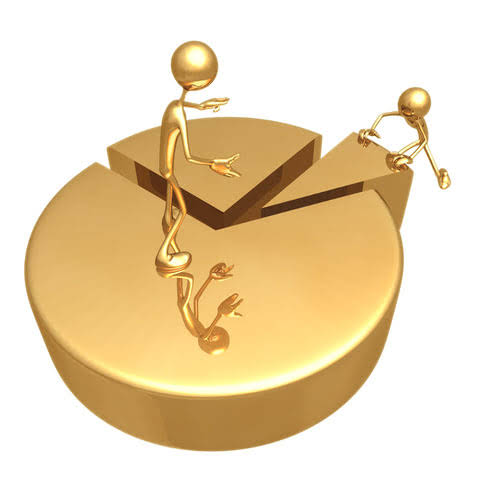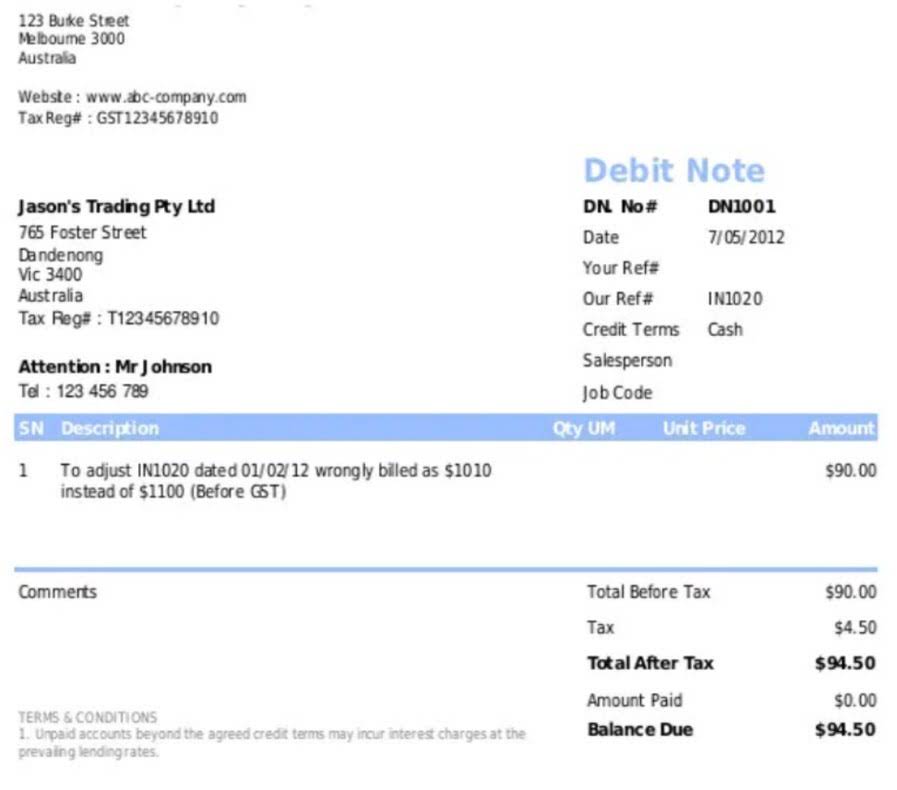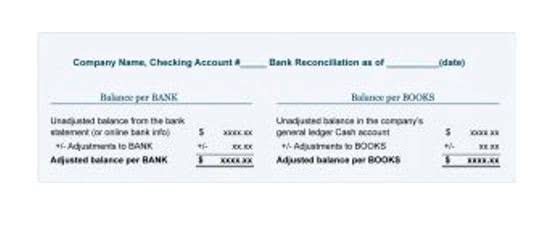
If this were not the case, firms would not spend millions of dollars on these programs that they do. However, it is extremely difficult to measure the amount and life of the benefits generated by these programs. Accountants are not concerned with the lack of physical form of assets such as checking account balances, receivables, investments in securities, and prepaid expenses. Current assets are recorded at the top of the statement and reflect the short-term assets of the company. Tangible assets are generally easier to buy, sell, and liquidate.
- In addition, the firm debits the cost of any competing patents purchased to ensure the revenue-generating capability of its own patent to the Patents account.
- That is, the firm is able to earn a rate of return on its recorded net assets above the industry average rate of return.
- Intangible personal property is any type of asset that has value but isn’t physical in nature.
- This is because all the research and development costs expended to develop the patent, including those in the year the patent is obtained, must be written Off to expense in the period incurred.
- The owner may choose to hire an appraiser who determines the fair market value (FMV) of the asset or they may decide to sell the asset for cash.
- This comes into play when a business is bought or sold, as intangible assets add value beyond the book value of the tangible assets.
Types of Companies With Intangible Assets
The sum of $40 million that was paid over and above $80 million (the value of the assets minus the liabilities) is the worth of accounting goodwill and is recorded in the books as such. However, many factors separate goodwill from other intangible assets, and the two terms represent separate line items on a balance sheet. However, if the intangible asset is indefinite, such as a brand name or goodwill, then it will not be amortized. Instead, each year, it will be assessed to see whether its value recorded on the balance sheet is still fair.
- As you can see there is a heavy focus on financial modeling, finance, Excel, business valuation, budgeting/forecasting, PowerPoint presentations, accounting and business strategy.
- Businesses may rely on a range of assets to produce goods, fund operations, and drive long-term growth.
- There’s no need to store or mail them and adding inventory is often just a matter of clicking a few buttons.
- A 2001 ruling decreed that goodwill could not be amortized but must be evaluated annually to determine impairment loss; this annual valuation process was expensive as well as time-consuming.
- The cost approach for determining the value of intangible assets is based on the idea that an investor would not pay more for something than required to make their own.
- Of course, since many intangible assets have long or undefined lifespans, evaluating which is better will ultimately be more of a business choice than an exact, calculable amount.
Identifiable vs non-identifiable intangible assets
- Goodwill is the portion of the purchase price that is greater than the fair market value of the assets and liabilities of the company that was bought.
- This is especially true for assets with no fixed lifespan, like a brand name.
- Unlike tangible assets, which depreciate over time, intangible assets can appreciate in value or remain stable.
- An asset’s value and, therefore, any capital gains that result from its sale are based on its physical attributes and intellectual content.
- Other Standards have made minor consequential amendments to IAS 38.
A music production company might own the rights to songs, which means that whenever a song is played or sold, revenue is earned. Although these assets have no physical properties, they provide a future financial benefit for the music company and the musical artist. Current assets include items such as cash, inventory, and marketable securities. These items can be readily sold to raise cash for emergencies and are typically used within a year.

What Types of Assets Are Considered Intangible Personal Property?
Sometimes there is a choice involved when a new asset is needed, which comes down to a business decision about which approach will be more valuable to the company long-term. Patriot’s accounting software is made for small business owners and is completely cloud-based. When purchasing a patent, a company records it in the Patents account at cost. The firm also debits the Patents account for the cost of the first successful defense of the patent in lawsuits (assuming an outside law firm was hired rather than using internal legal staff).

Understanding Intangible Personal Property

In investing terms, calculating value is often done using calculated intangible value (CIV) or by deducting book value from market value. Over time, this asset would be amortized, or written off, in the same way as any other asset. This calculator allows you to choose between monthly, bi-weekly, and quarterly payment frequencies, adjusting the interest rate per period accordingly to ensure accurate calculations. This calculator uses the Effective Annual Rate (EAR) to accurately compute the interest rate per payment period when your payment frequency differs from the interest compounding frequency.

Determining Acquisition Cost

Tangible fixed assets, such as plant and equipment, intangible assets do not include: are also recorded on the balance sheet but as their useful life is reduced, that portion is expensed on the income statement as depreciation. Fixed assets are non-current assets that a company uses in its business operations for more than a year. They are recorded on the balance sheet, usually as property, plant, or equipment. They include assets such as trucks, machinery, office furniture, buildings, etc.
- If a business paid to use a brand name that belongs to another company and has no plans to extend the agreement, that asset will not be part of the company forever.
- A franchise is a right to use a formula, design, or technique or the right to conduct business in a certain territory.
- The simpler method is to simply deduct the book value from market value, but the issue here is that this constantly changes as the market value of the company fluctuates.
- John Egan is a veteran personal finance writer whose work has been published by outlets such as Bankrate, Experian, Newsweek Vault and Investopedia.
- If an intangible asset has a perpetual life, it is not amortized.
- Tangible personal property, on the other hand, is anything that can be held and anything with discernable value.
- The patent, which keeps others from copying the formulas, gives the company sole ownership rights over this invention for the duration of the patent.
The costs of generating other internally generated intangible assets are classified into whether they arise in a research phase or a development phase. Development expenditure that meets specified criteria is recognised as the cost of an intangible asset. Goodwill cannot exist independently of the business, nor can it be sold, purchased, or transferred separately.